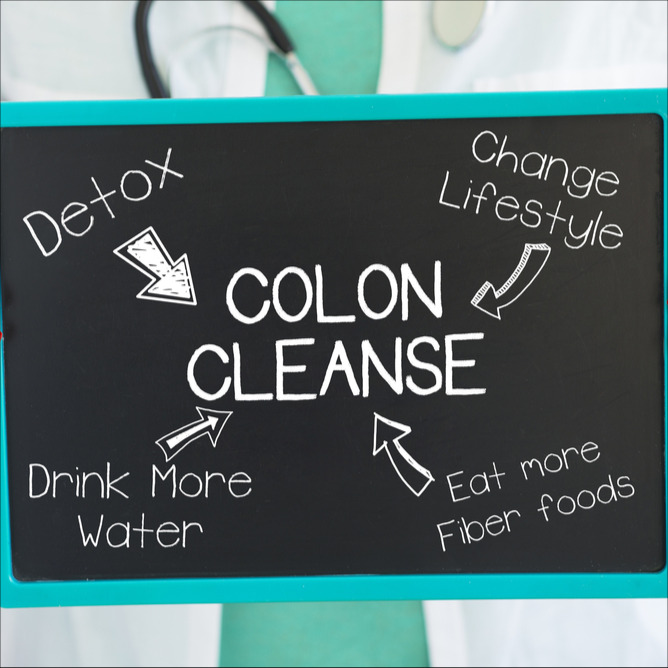
Detox Intestine
Toxins in the gut: A comprehensive guide to detoxification
In today's fast-paced world, we are exposed to a constant barrage of environmental toxins, processed foods and stress. These factors can affect the health of our gut and lead to the accumulation of toxins that negatively impact our overall well-being.
However, a healthy gut flora is crucial for our health, as it not only supports digestion, but also plays an important role in immune defence. In this article, we will take a closer look at the topic of 'toxins in the gut' and provide a comprehensive guide to detoxification.
Understand what toxins are
Toxins are substances that can have harmful effects on our bodies. They can arise from external sources such as environmental pollution, pesticides in foods and harmful substances in household products, as well as from internal processes such as digestion.
Common toxic exposures include heavy metals, plastics, preservatives and many others.
How toxins affect the gut
Our intestines are tasked daily with extracting nutrients from food and at the same time preparing harmful substances for excretion.
However, excessive accumulation of toxins can damage the intestinal wall and compromise the integrity of the intestinal mucosa. This can lead to a variety of problems, including inflammation, an imbalance of intestinal flora and impaired nutrient absorption.
In the long term this can lead to chronic health conditions such as autoimmune diseases, skin problems, fatigue and digestive disorders.
Symptoms of toxic exposure
The symptoms of toxic stress in the gut can be varied. Common signs are digestive complaints such as flatulence, constipation or diarrhoea, but also more general symptoms such as tiredness, headaches, skin problems and unexplained weight gain.
If you regularly experience several of these symptoms, a detoxification of the intestines could be a sensible measure.
Basics of bowel cleansing and detoxification
A colon cleanse and detox aims to remove accumulated toxins from the gut and promote the health of the intestinal flora. This can be achieved through a combination of dietary changes, nutritional supplements and lifestyle adjustments.
Dietary change
One of the most effective ways to support gut health is to switch to a wholefood, anti-inflammatory diet.
Reduce your intake of processed foods, sugar and animal fats. Instead, you should enrich your diet with fibre-rich foods such as vegetables, fruit, wholegrain products and pulses. Fermented foods such as sauerkraut, kefir and kimchi can also contribute to the health of the intestinal flora.
Food supplements
Certain food supplements can support the detoxification of the gut. These include probiotics, which introduce healthy bacteria into the gut, and prebiotics, which promote the growth of these bacteria. Antioxidants such as vitamins C and E, selenium and zinc can also help to cleanse the body of free radicals .
Lifestyle adjustments
To support gut health, it is also important to integrate stress-reducing techniques such as meditation, yoga or regular walks into your daily routine at . Sufficient sleep and adequate water intake are also crucial for detoxification.
The role of exercise
Regular physical activity promotes blood circulation and helps to remove toxins from the body through sweating. A moderate exercise programme that suits your fitness level can significantly improve gut health.
Conclusion
Toxins
in the gut can cause a variety of health problems, but you can effectively support and improve your gut health
through
targeted detoxification measures. A combination of proper nutrition,
supplements, lifestyle adjustments and regular exercise can help
you cleanse your body from the inside out and improve your
overall well-being.
Remember that every body is unique. It is important to listen to your body's signals and, if necessary, seek the support of a health professional to find the best colon cleansing and detoxification path for you at .
Become a member now
As a member, you will receive further information and frequencies on this topic! Log in here!
